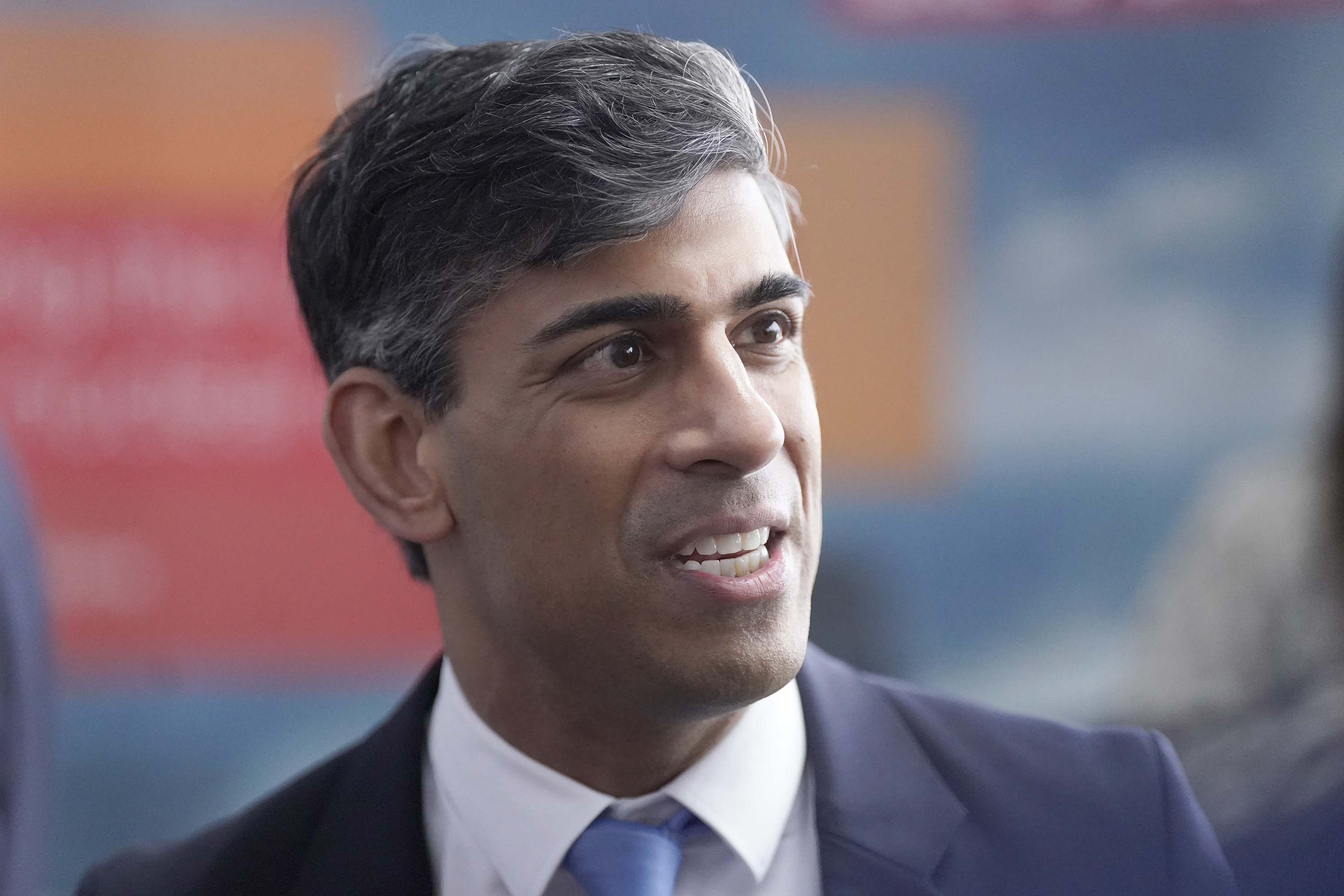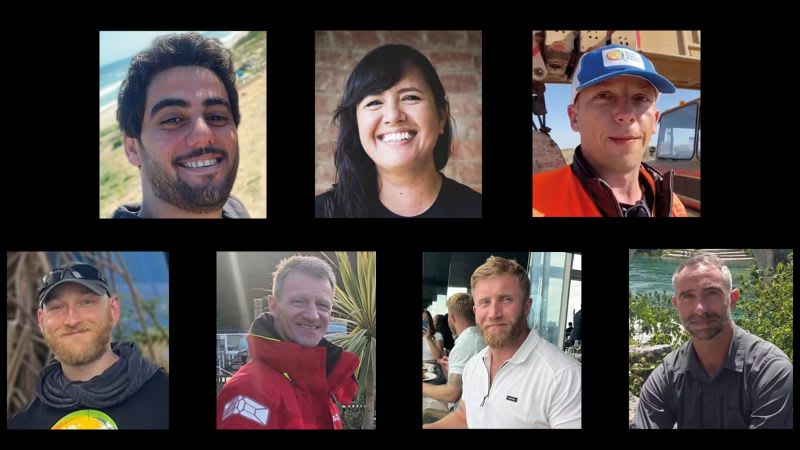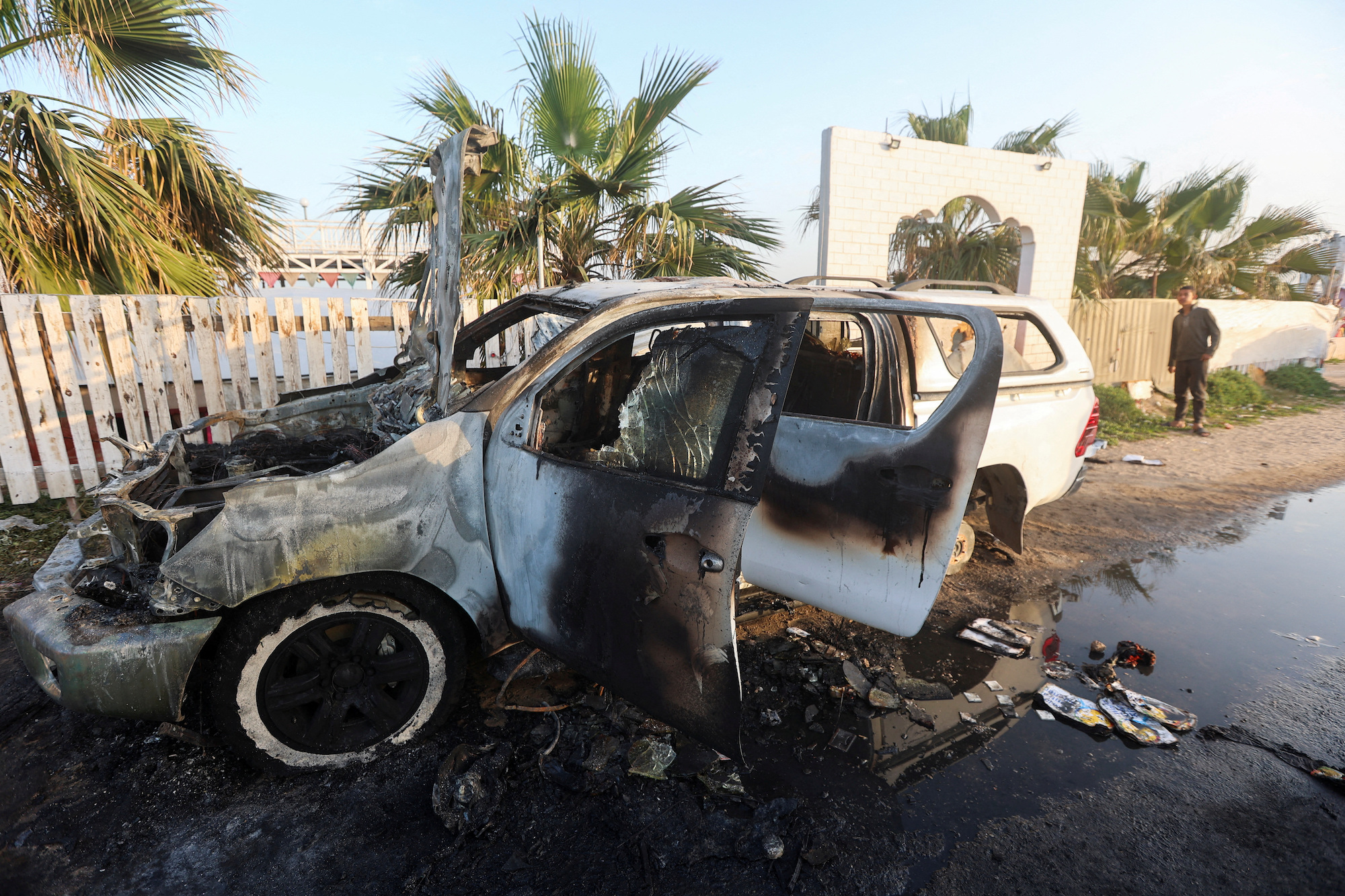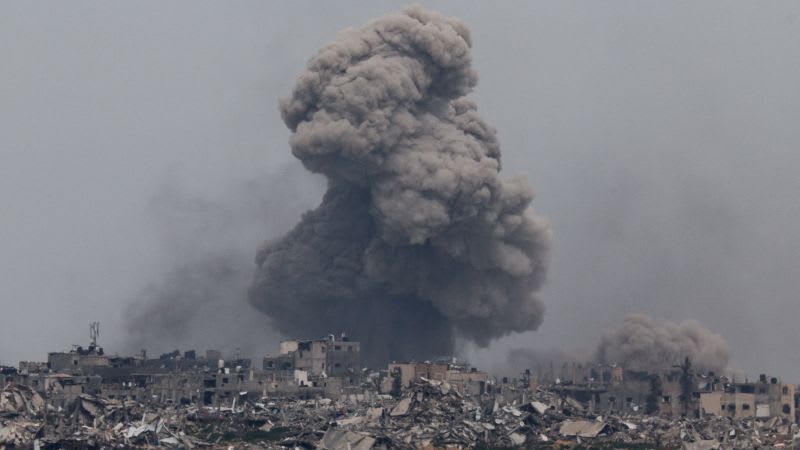
The UK's three major opposition parties, the Labour Party, Liberal Democrats and Scottish National Party (SNP) are calling on British Prime Minister Rishi Sunak to justify its arms trading with Israel following an IDF military strike which killed seven aid workers Monday.
SNP leader and Scottish First Minister, Humza Yousaf who is the head of the devolved Scottish government wrote to Sunak personally to "demand an immediate end to arms sales to Israel from the United Kingdom."
In the letter dated April 3, Yousaf criticized Sunak's failure to address the arms issue following the aid worker killings particularly as Israel he said shows no sign of "paying heed to the International Court of Justice’s ruling or the recent United Nations Security Council Resolution."
A call also came from Liberal Democrat party leader, Ed Davey who said his party has consistently "called for far tougher control of arms exports." Finally, Sunak's main opposition, the Labour Party has said arms sales must be suspended if UK government lawyers find Israel's actions in Gaza to be in breach of international law.
Last week, British newspaper, The Observer said it had obtained an audio recording of Conservative MP and Foreign Affairs Committee chair, Alicia Kearns, saying UK government lawyers have advised the government that Israel has breached international humanitarian law in Gaza.









